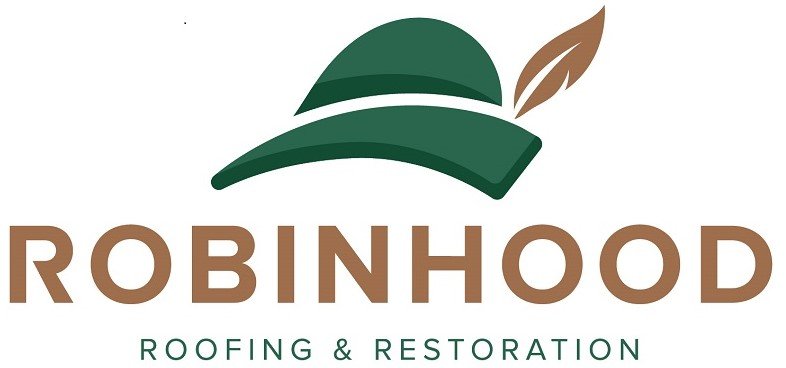Choosing the Right Flat Roof Material for Your Business
When it comes to industrial and commercial roofing materials, a common choice, because of how many of these buildings are designed, is some form of flat roof material. This category may seem fairly self-explanatory, however, there are multiple kinds of flat roof material options available, and depending on what kind of business you have, and what you are hoping to achieve with your roofing choice, some options may be a better solution than others. Let’s take a closer look at what some of these materials are, how you can find out what is best for your business, and how Robinhood Roofing can help.
Single Ply
While the name may conjure up images of cheap toilet paper, single-ply roofing is much more durable and resilient. This flat roof material is a primarily synthetic polymer-based membrane that is applied in a single, flat layer. There are many benefits to this material option, as it is waterproof, extremely lightweight, fairly flexible, and quick and easy to install. Because it is joined together with heat or solvent welded seals, it has the ability to be affixed in a handful of fashions to a variety of roofing shapes and types. The cost-effective and durable qualities of this roofing material make it appealing to many large-scale industrial or commercial projects.
Cold-Applied Liquid
This flat roof material has quickly increased in popularity in recent years, as it often provides the same convenience that hot work roofing offers, without being as restricted. In some instances, the use of hot work commercial roofing materials is prohibited, and this can be worked around with a cold-applied liquid material.
This method of flat roofing is rather seamless and involves a very quick application process. For industrial or commercial complexes that have more intricate flat roofs, this material is more appealing than many other options, because it requires less hands-on maneuvering to get it molded and formed to every change of direction. One of the only potential downsides of this flat roof material is the cost, but the convenience is often worth the investment.
Hot Melt / Hot Work
Hot melt or hot work flat roof materials are very similar to the previously discussed cold-applied liquid roof option. They offer the same convenience, easy application, and minimal effort to form around connections and other structural obstructions on roofs. The main difference is that this material requires being heated up prior to being applied. This seamless material is available for immediate traffic as soon as the protective layer is installed, which creates an ideal solution for industrial or commercial re-roofing projects that are on tight deadlines. It is best to verify if this material is permitted according to local codes and regulations prior to selection, as there are often restrictions on hot work roofing.
Bituminous Membrane
Don’t let the name of this flat roof material option scare you away. Bituminous membrane simply refers to the layers of modified bitumen that are torched together, creating an extremely durable and seamless material. This option has risen in popularity because of its cost-effectiveness, quick installation times, and proven reliability.
In large-scale industrial or commercial re-roofing, new build, or roof replacement projects, this is often the top choice. Because of the torching process that is required for application, it should only be installed by roofing contractors who are experienced in this flat roof material. There are self-adhesive versions that do not require torching, however, these tend to be tremendously more expensive.
Ask an Expert
There is plenty more to learn about all of these flat roof materials, and trying to absorb all of the information and make an educated decision on what is best for your business can be overwhelming. In any circumstance, feel free to reach out to our roofing experts to discuss what your needs and wants are. Robinhood Roofing has the knowledge and experience to make your industrial or commercial roofing project successful. If you have been searching for “Commercial Roofing Near Me,” contact us today!


